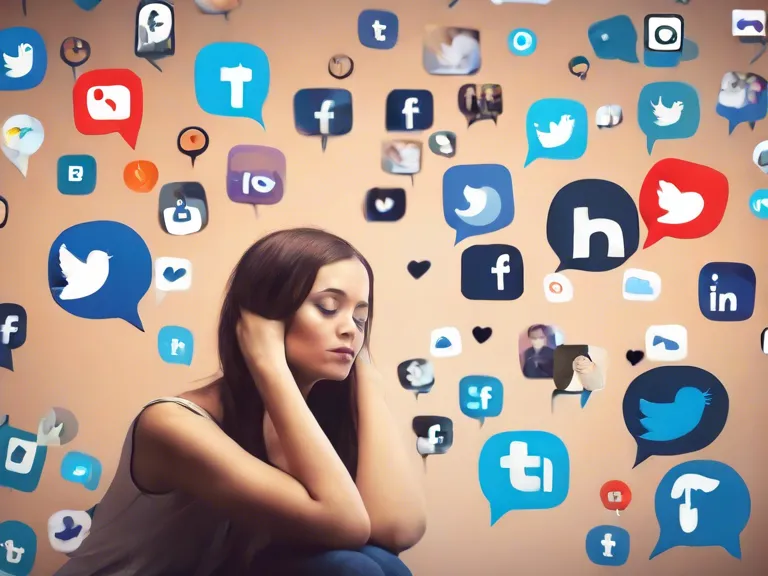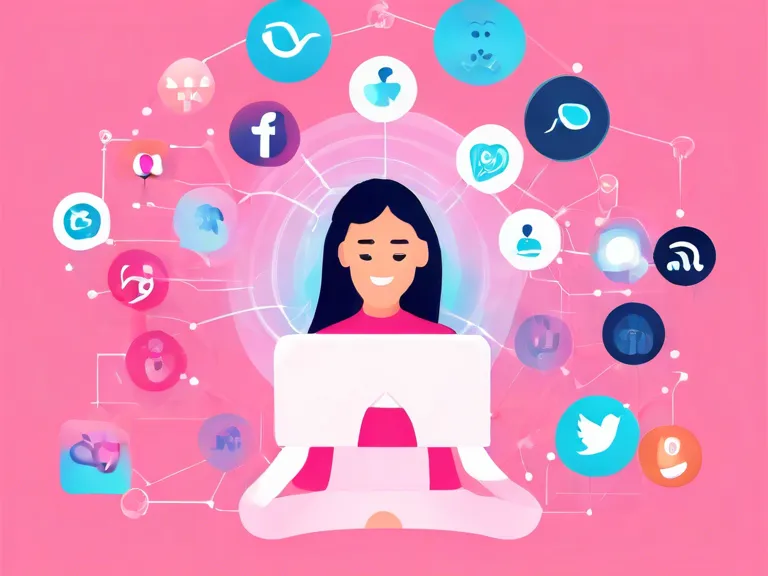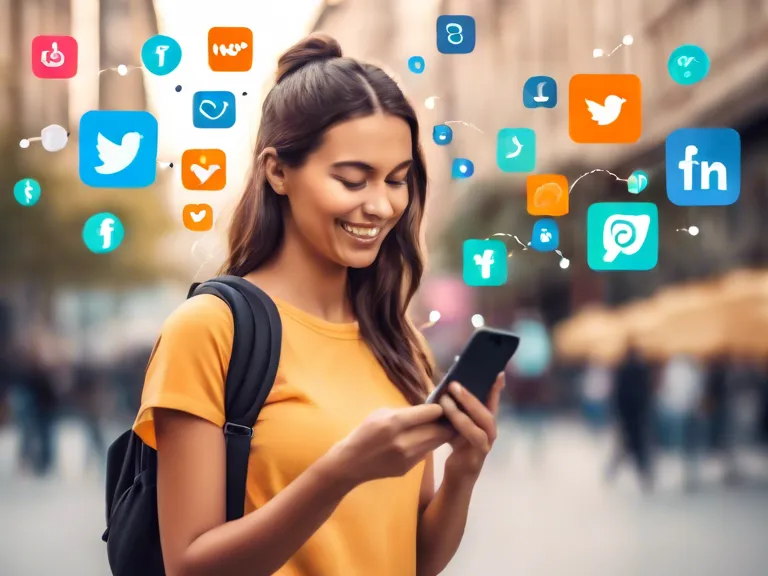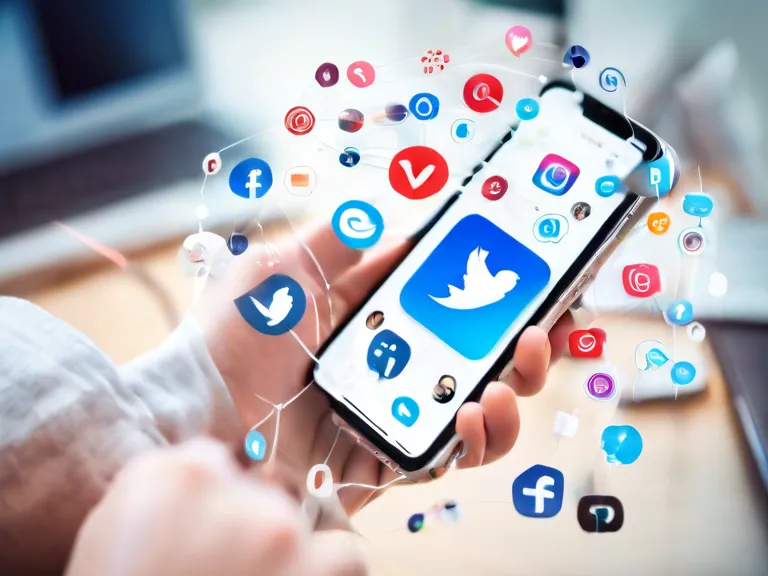
In today's digital age, social media has become a powerful tool in spreading awareness about important issues, including mental health. With millions of users around the world, platforms like Facebook, Instagram, Twitter, and TikTok have the potential to reach a wide audience and spark conversations about mental health. However, the impact of social media on mental health awareness is a double-edged sword, with both positive and negative effects.
On the positive side, social media has provided a platform for individuals to share their personal stories and struggles with mental health. This open and honest dialogue helps to break down the stigma surrounding mental health issues and encourages others to seek help and support. Additionally, social media campaigns and hashtags such as #mentalhealthawarenessmonth and #endthestigma have gone viral, raising awareness and promoting important conversations about mental health.
Furthermore, social media has provided access to mental health resources and support groups for those in need. Organizations and mental health professionals can use social media to share information about mental health services, helplines, and online resources. This has made mental health information more accessible and has helped connect individuals to the help they need.
Despite these benefits, social media can also have negative effects on mental health awareness. The constant comparison to others on social media, cyberbullying, and the pressure to present a perfect life online can all contribute to feelings of inadequacy, anxiety, and depression. It is important for individuals to be mindful of their social media usage and to prioritize self-care and mental well-being.
In conclusion, social media has had a significant impact on mental health awareness by providing a platform for open dialogue, sharing resources, and promoting important conversations. However, it is essential for individuals to use social media mindfully and to prioritize their mental health above all else.



